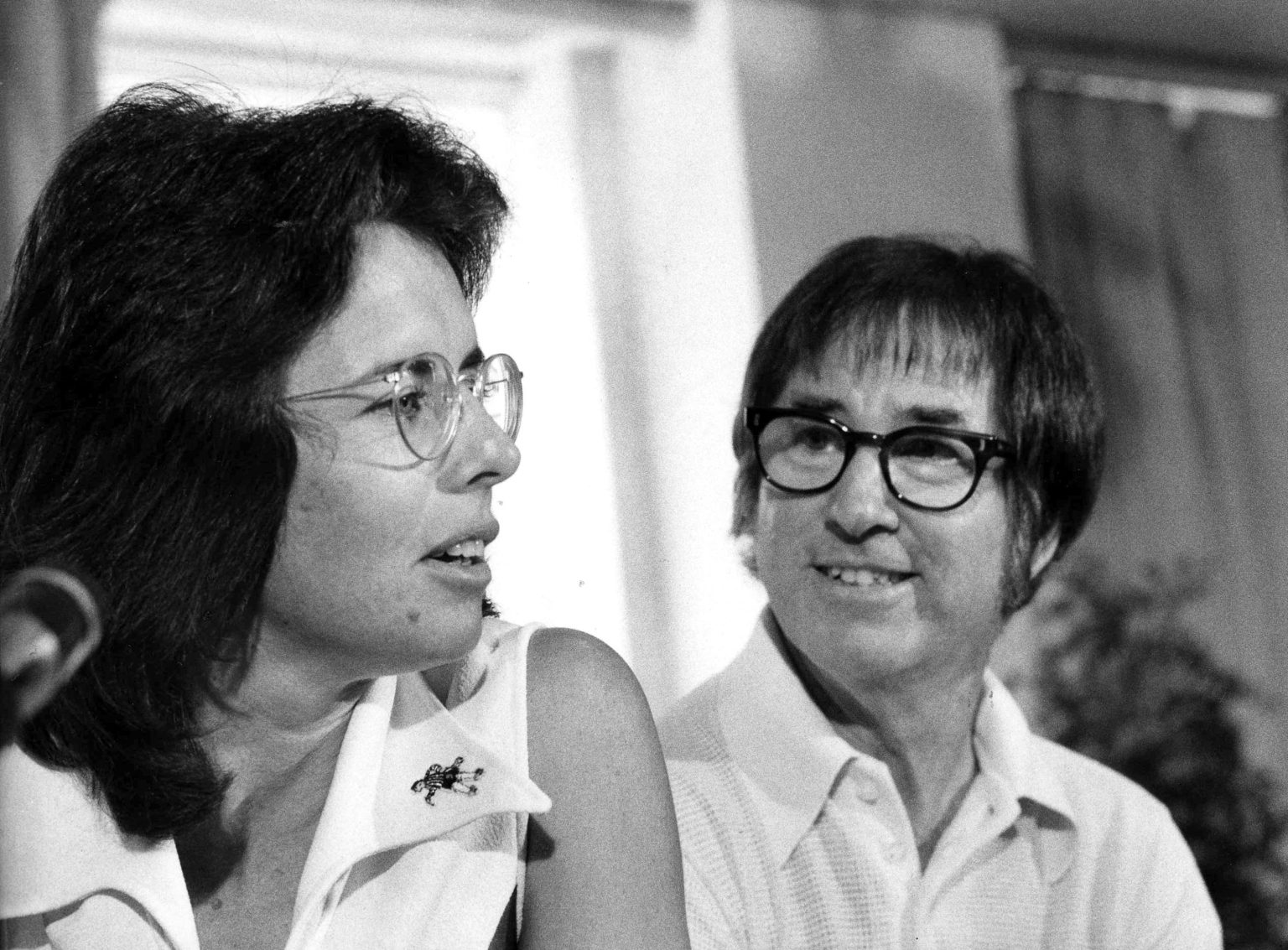On September 20, 1973, Billie Jean King made history by defeating former men’s champion Bobby Riggs in the highly publicized “Battle of the Sexes” tennis match. This event served as a significant moment in the fight for women’s equality in athletics, with King winning the match in straight sets in front of more than 30,000 spectators at the Houston Astrodome and millions more watching on television. The match was one of the most watched televised sporting events of all time, and it showcased King’s dominance and skill on the court.
Before the primetime broadcast of the match, both King and Riggs engaged in some showmanship for the cameras. King made a grand entrance reminiscent of Cleopatra, while Riggs arrived in a rickshaw pulled by female models. The celebrated sportscaster Howard Cosell called the match, adding to the sense of grandeur surrounding the event. King, at 29 years old, was at the height of her career, having already won multiple Grand Slam championships in the years leading up to the match. In contrast, Riggs, at 55 years old, was a former top-ranked player known for his overt chauvinistic behavior.
Despite Riggs’ reputation as a male chauvinist, King’s victory in the match was a moment of triumph for women athletes everywhere. In addition to a lifetime of acclaim, King also received a $100,000 payday in the winner-take-all competition. The match not only showcased King’s skill on the court but also served to legitimize female competitors in the eyes of the public. Played just a year after the passage of the Education Amendments of 1972, the match highlighted the growing opportunities for female athletes in sports.
In the years following the “Battle of the Sexes,” King continued to advocate for equality in sports, particularly in terms of prize money for male and female athletes. Her efforts led to significant changes in the tennis world, with the U.S. Open becoming the first major tournament to award equal prize money to both male and female winners in 1973. King’s legacy as a trailblazer in women’s athletics and her dedication to promoting gender equality in sports have left a lasting impact on the sporting world.
Throughout her career, King has been a pioneer in tennis and women’s sports, founding the Women’s Tennis Association in 1973 and becoming the first woman to have a major sports venue named in her honor in 2006. She has received numerous accolades for her contributions to sports and society, including the Presidential Medal of Freedom in 2009 from President Obama. King’s determination to challenge gender stereotypes and fight for equality continues to inspire athletes and advocates for social change around the world.













